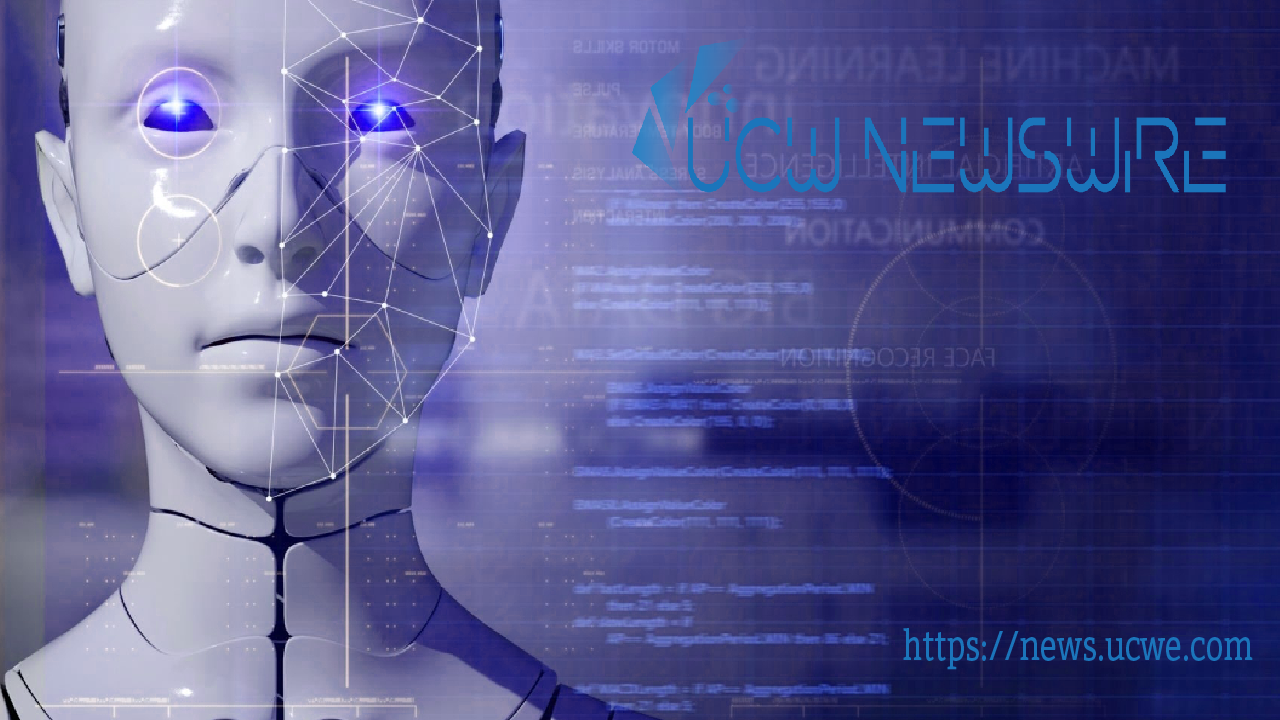Pros and Cons of Artificial Intelligence
Artificial intelligence (AI) is a rapidly developing technology that has the potential to revolutionize many aspects of our lives. From self-driving cars to intelligent virtual assistants, AI is being used

Artificial intelligence (AI) is a rapidly developing technology that has the potential to revolutionize many aspects of our lives. From self-driving cars to intelligent virtual assistants, AI is being used in an ever-increasing number of applications. However, as with any technology, there are pros and cons to consider.
One of the biggest pros of AI is its ability to increase efficiency and automate repetitive tasks. This can free up humans to focus on more complex and creative work, while also reducing the risk of errors and increasing the speed at which tasks are completed. For example, AI-powered machines in factories can work 24/7 without breaks or errors, resulting in increased productivity and reduced costs.
Another pro of AI is its ability to improve decision-making by identifying patterns and making predictions that humans might miss. This can lead to more accurate and efficient decision-making in fields such as finance, healthcare, and transportation. In healthcare, AI can assist doctors in analyzing medical images and making diagnoses, resulting in more accurate and timely treatment for patients.
AI can also be used to personalize products and services to individual users based on their preferences and behavior. For example, AI-powered music and video streaming services can recommend content that a user is likely to enjoy, while AI-powered e-commerce sites can recommend products that a user is more likely to purchase.
However, there are also some potential downsides to AI. One of the biggest concerns is job displacement. As machines and algorithms are able to perform more tasks that were previously done by humans, there is a risk that jobs will be lost. This is particularly true in industries such as manufacturing and transportation, where machines are already able to perform tasks that were once done by humans.
Another potential downside is privacy and security. As AI systems collect and process more data, there is a risk that this data could be used for malicious purposes. For example, personal data collected by AI-powered virtual assistants could be used to target individuals with personalized advertising, or to track their movements and behavior.
Finally, there is also the risk that AI systems could be used to make decisions that are discriminatory or biased. For example, an AI-powered hiring system that is trained on data from a predominantly male workforce might be less likely to recommend female candidates for job openings.
AI is a powerful technology that has the potential to revolutionize many aspects of our lives. However, it is important to consider both the pros and cons of AI and to take steps to mitigate the potential downsides. This may include developing policies and regulations to protect privacy and security, and investing in retraining programs to help workers whose jobs may be displaced by AI.
UCW Newswire

